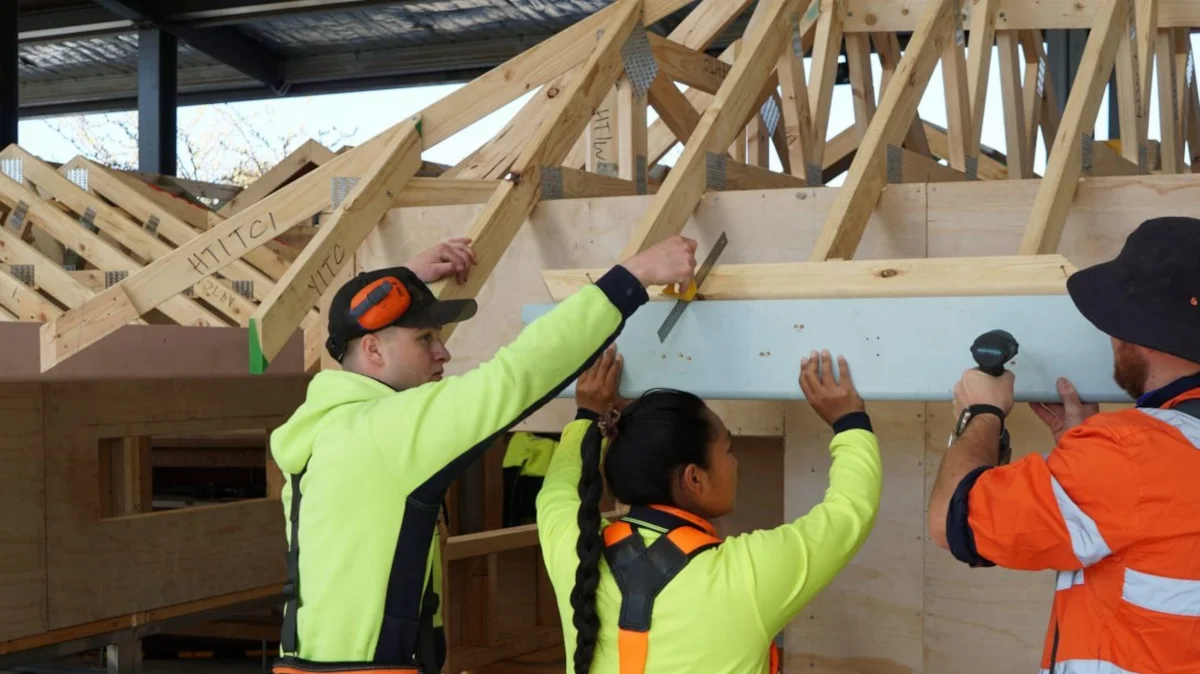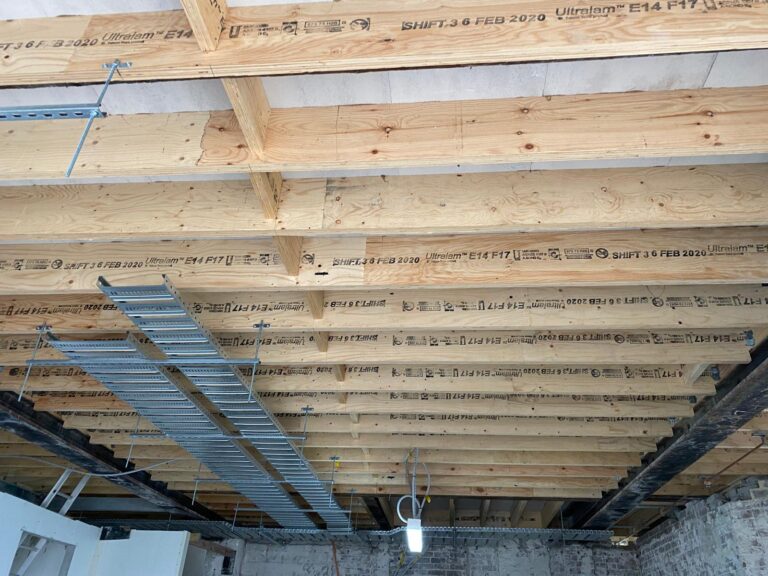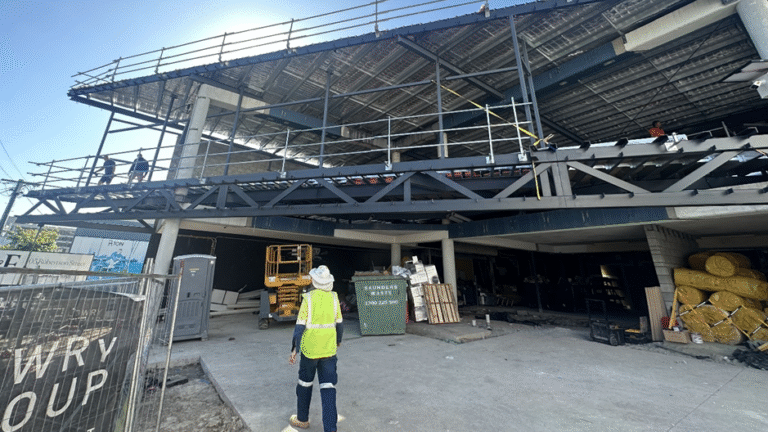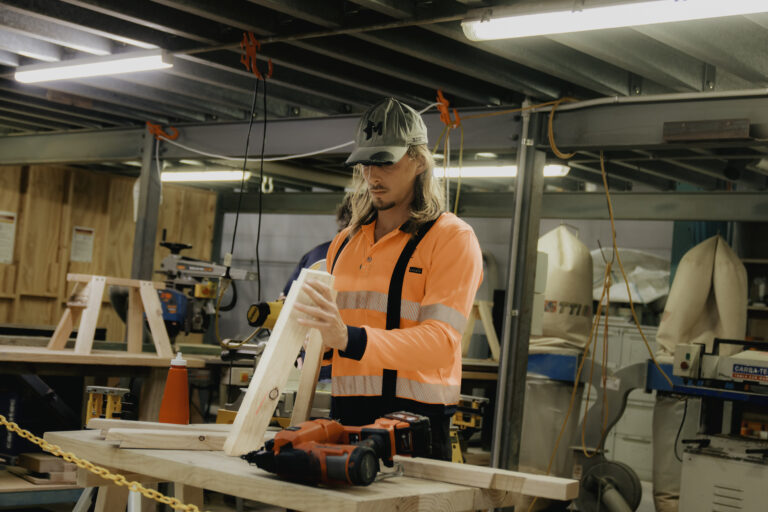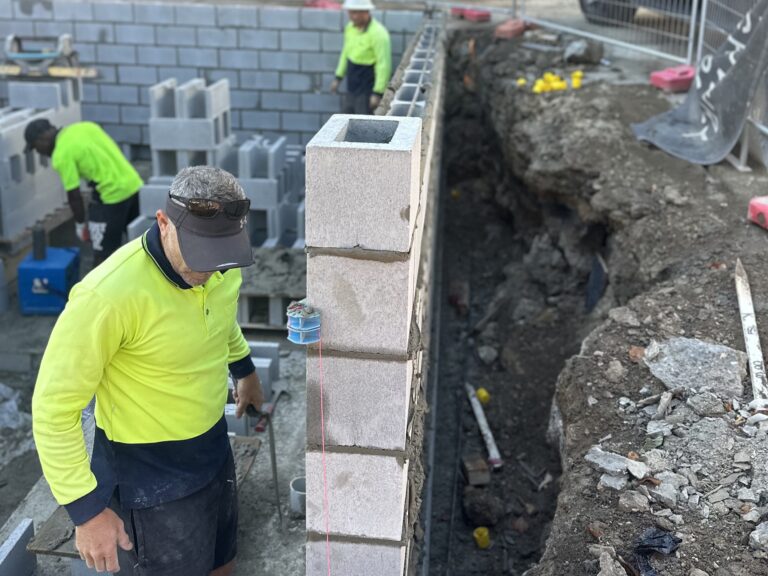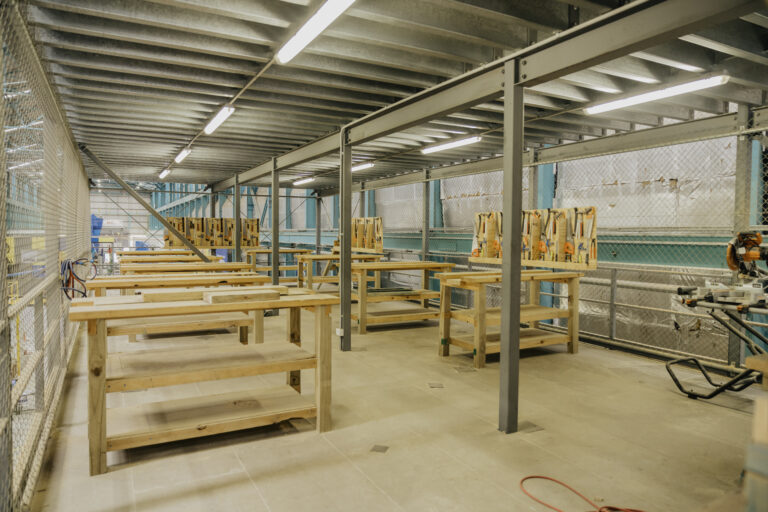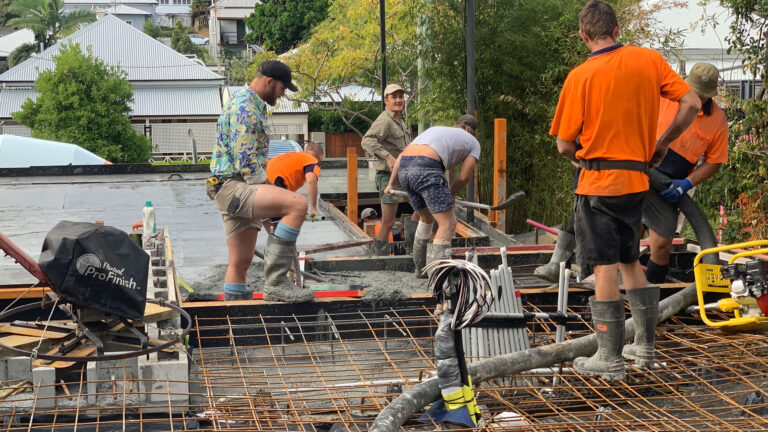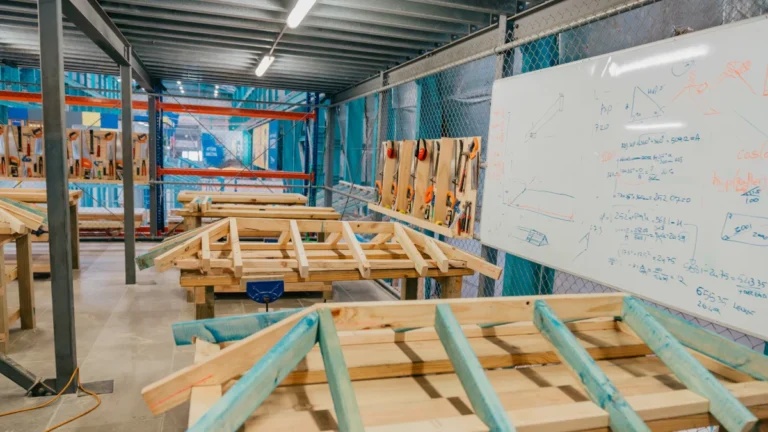Introduction:
For carpenters in New South Wales and Queensland, the transition to obtaining a Builder Licence, marks a significant career/business milestone. This article offers practical insights into navigating this journey, tailored specifically for carpenters aiming to elevate their professional status or embarking on becoming a practising builder. Our client started and completed his carpentry apprenticeship with the one builder. On completion of his apprenticeship, he was asked to stay on under ABN. He continued to work with the same builder for a further 4 years full time not only undertaking trade work but running jobs from start to finish. He invoiced weekly, was on site full time, represented the building company on site even wearing the company polo. Other important factors were that he did not supply any materials for the contract, was not responsible under the contract for defective work nor could “subcontract out” works.
Understanding the Builder Licence Requirements:
A Builder Licence, be it in NSW or QLD, is more than just a credential; it’s a gateway to broader opportunities in the construction industry. For carpenters, obtaining the NSW General Builder Licence or the QBCC Builder Licence means you can undertake larger projects, supervise teams, and run your own business. But first, understanding the licensing requirements in your state is key. These licences validate the holder’s qualifications, experience, industry support and adherence to standards.
The NSW Case Study with QLD Implications:
Our focus is on a carpenter’s struggle in NSW to obtain a General Builder Licence, a challenge that resonates with professionals pursuing a Builder Licence in Queensland. One of the main obstacles is fulfilling the “satisfactory practical experience” requirement as mandated by regulatory authorities. So, what does that mean? As a carpenter, your hands-on experience is invaluable, but Fair Trading and QBCC also looks for evidence of your ability to manage construction projects. This means evidencing your skills not just in carpentry but also in project management, budgeting, and supervision of construction projects. You will be required to demonstrate your broader building tasks. In addition, you will be required to provide evidence of “how you were paid” and whether your experience was lawfully gained…not only under QBCC and Fair-Trading laws, but under Federal Taxation laws.
Common Hurdles and How to Overcome Them:
The process for obtaining a Builder Licence, including the specific NSW General Builder Licence and a QBCC Builder Licence, often leans towards traditional employment pathways. These administrative policies generally do not represent the practices of the residential construction sector. This case from NSW highlights the need for more flexible criteria that more formally recognises full time employment (whether under ABN or otherwise) and consistent with ATO guidelines for superannuation guarantee. It’s important to document all your work experiences comprehensively, including any supervisory roles or complex projects you’ve handled.
The Argument for Fair Assessment:
The subject’s transition from an apprentice to a subcontractor in NSW, aiming for the NSW General Builder Licence, is a scenario familiar to many pursuing the QBCC Builder Licence in Queensland. This transition has led to complex employment and licensing status issues, impacting their licence eligibility. Most of the internal policies are determined internally, not published publicly or industry endorsed. As building and construction licensing specialists, we have extensive experience making submissions to licensing authorities to provide further evidence and advocate eligibility for QBCC Builder Licences and NSW General Builder Licences. Undertaking this task on your own is a difficult one that you need to navigate through with attention to detail.
The Broader Industry Implications:
This NSW case study is indicative of a broader issue that affects both NSW General Builder Licence and QBCC Builder Licence applicants. It emphasizes the need for both NSW and QLD licensing bodies to adapt their processes to the industry’s nature of business practices. This narrative is not unique but reflective of a common industry issue particularly in the residential construction sector. It underscores the need for the Builder Licence process to be more adaptable, acknowledging the diverse and evolving nature of professional experiences in the industry. It seems unfair or unjust to deny a person’s experience because they were not paid superannuation when they should have been. The entitled right to payment of superannuation ought not be confused with your skills and experience for the purposes of licensing.
Seeking Resolution and Fairness in NSW and QLD:
The efforts made by this individual to meet the NSW General Builder Licence criteria, while specific to NSW, are also applicable to those seeking a QBCC Builder Licence. It highlights the necessity for more inclusive and holistic assessment policies in both states. In a bid to attain their NSW General Builder Licence, Construction Licensing has made submissions to NSW Fair Trading to have their experience accepted, for valid reason and enclosing supporting evidence. We await the outcome of our submissions and whether we will have to make even further detailed submissions evidencing current industry practices. It should not be the regulators responsibility to carry out ATO compliance by default.
Conclusion:
Navigating the path to obtaining a Builder Licence, whether it’s a NSW General Builder Licence or a QBCC Builder Licence, is demanding. It may well be you just need to correct your licence/business status to kickstart your pathway. This case study from NSW serves as an example, urging regulatory bodies in both NSW and QLD to consider more inclusive and adaptable criteria for licensing.
Engage with us on the topic of obtaining a Builder Licence. Share your experiences, challenges, or opinions, and for more detailed information on the licensing process in these states.

